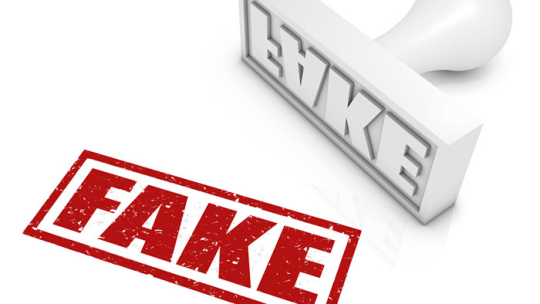
Several major brands, including Coca-Cola and MillerCoors, forego the “middle step” of pitching stories and releases to the media. Instead, they produce and release news from news bureaus they’ve built. Given the state of trust in American media at the moment, it’s difficult to argue against such a strategy.
Right or wrong, the fake news phenomenon’s rise in the United States offers even more incentive for brands to take this route.
In a new Knight Foundation survey, 73% of of Americans say the spread of inaccurate information, or fake news, on the internet is a major problem with news coverage.
Only half think people can see through bias to find facts in the news, which is down from 66% a generation ago.
And fewer than one-third say they are confident that they, personally, can tell when a news source is reporting factual news versus commentary or opinion.
As you can see from the chart, the U.S. media’s ability is on the low end of this new Pew Research Center survey about countries where people think the news is accurate. In all, citizens in 38 countries were polled. 16 are shown here.
On a positive note, a median of 62% said their media does a good job in reporting the news.
For an appreciation of how fake news has disrupted trust in American media notice that Turkey and Russia, known for their lack of press freedom, bested the U.S. in the Pew study. Their leaders, Recep Tayyip Erdogan of Turkey and Vladimir Putin in Russia, were among the dubious honorees who received awards from the Committee to Protect Journalists for their talent in suffocating press freedoms ( PRN, January 16, 2018). President Trump also was one of the honorees.

